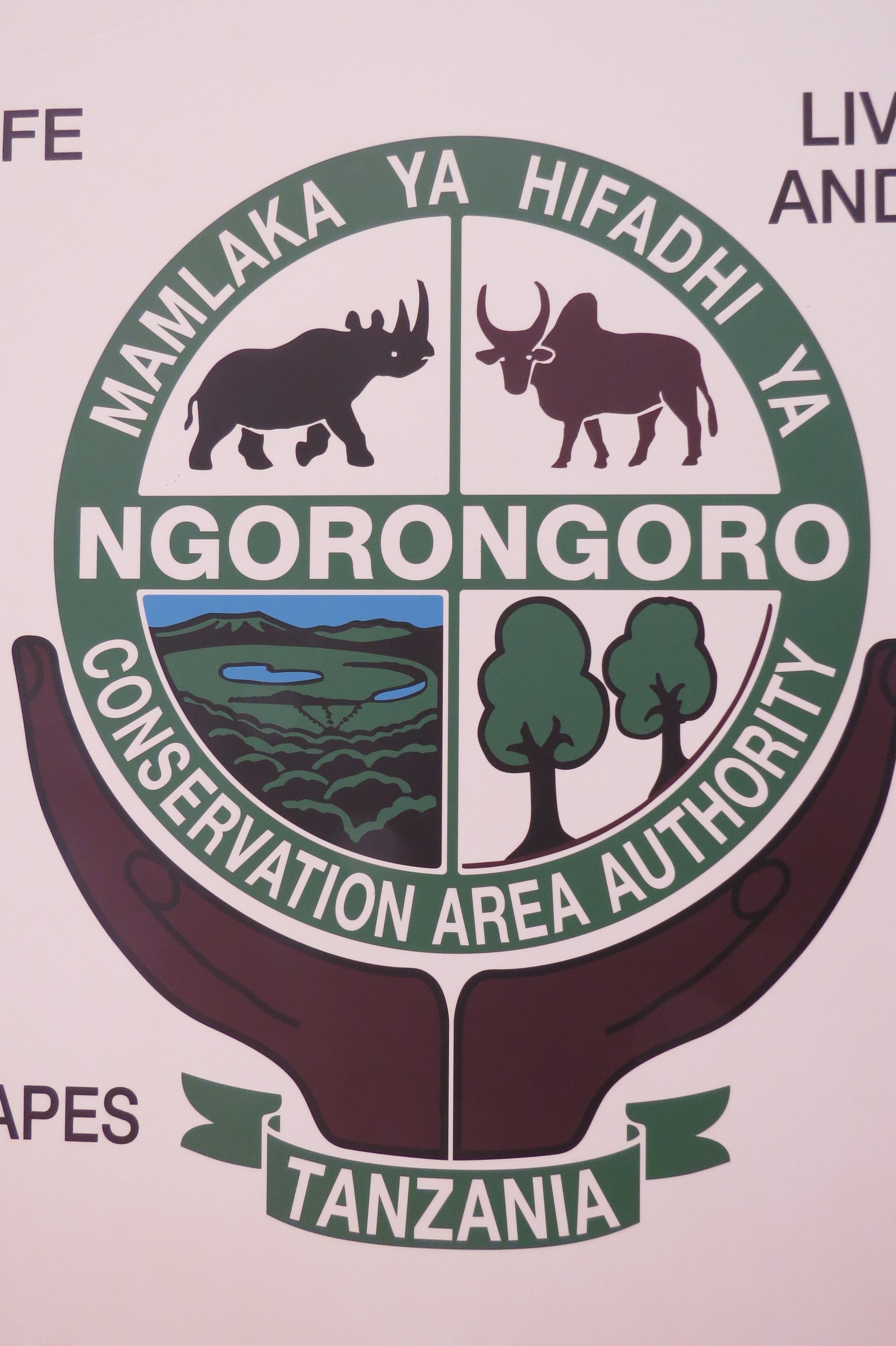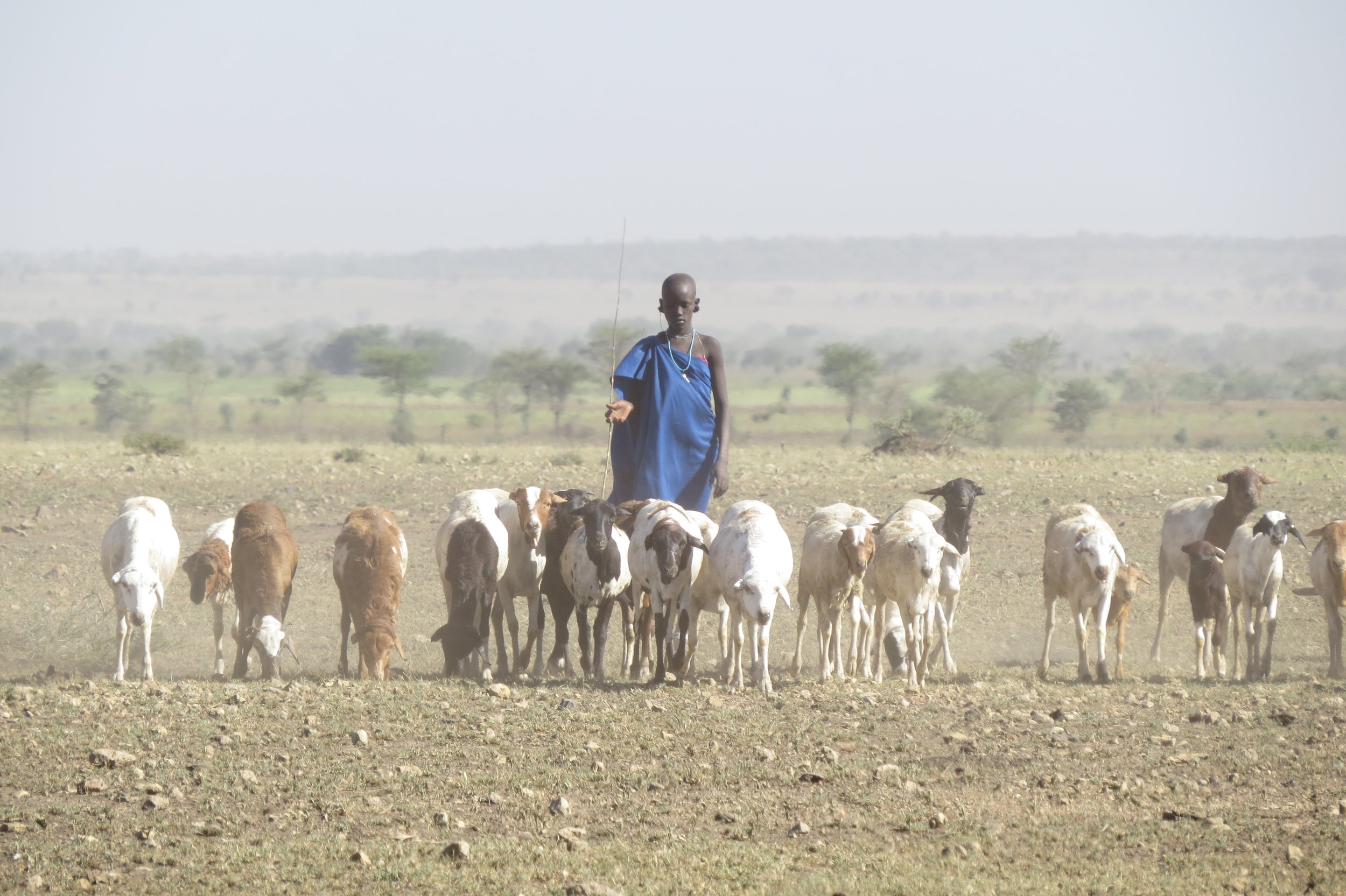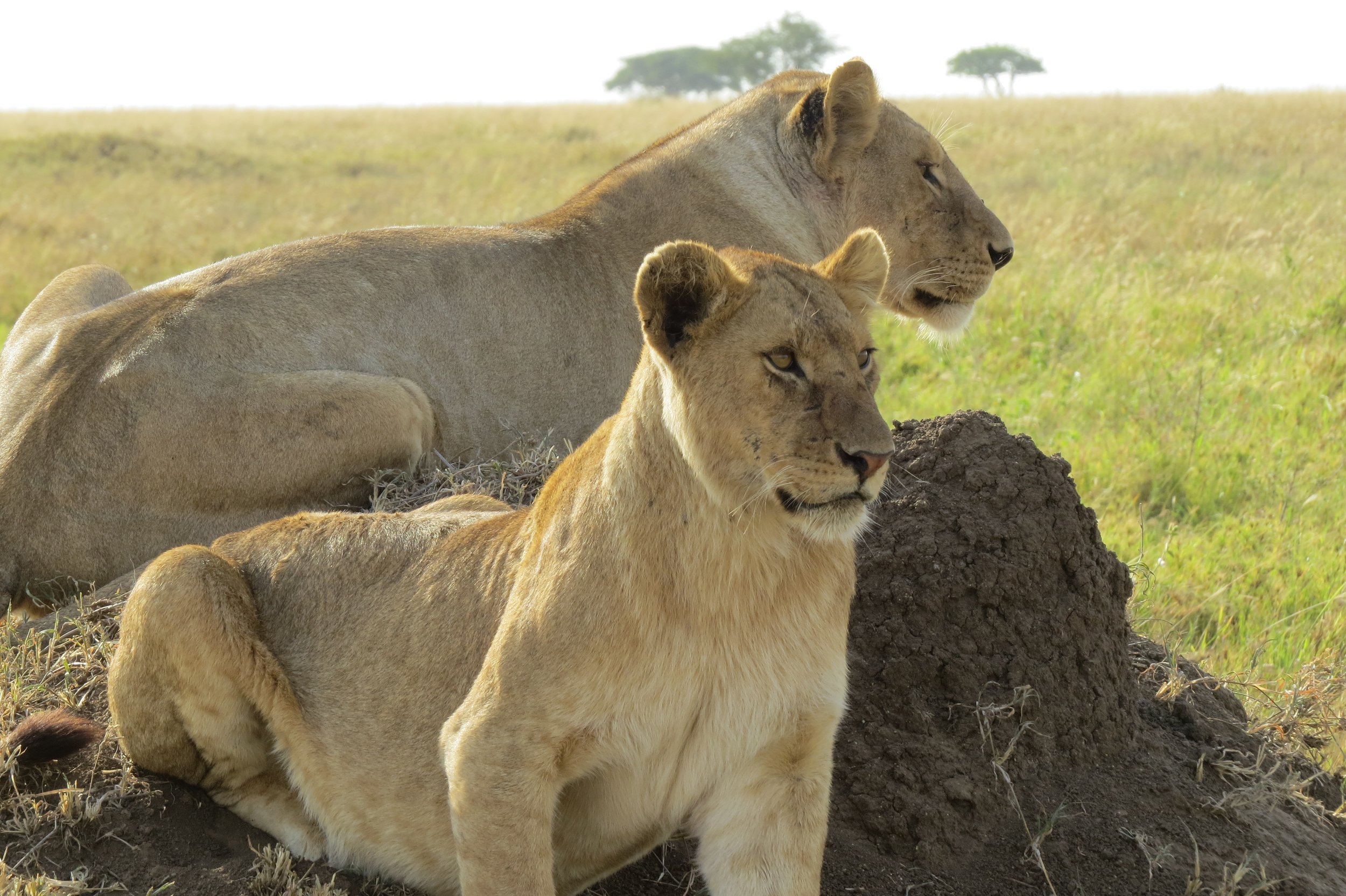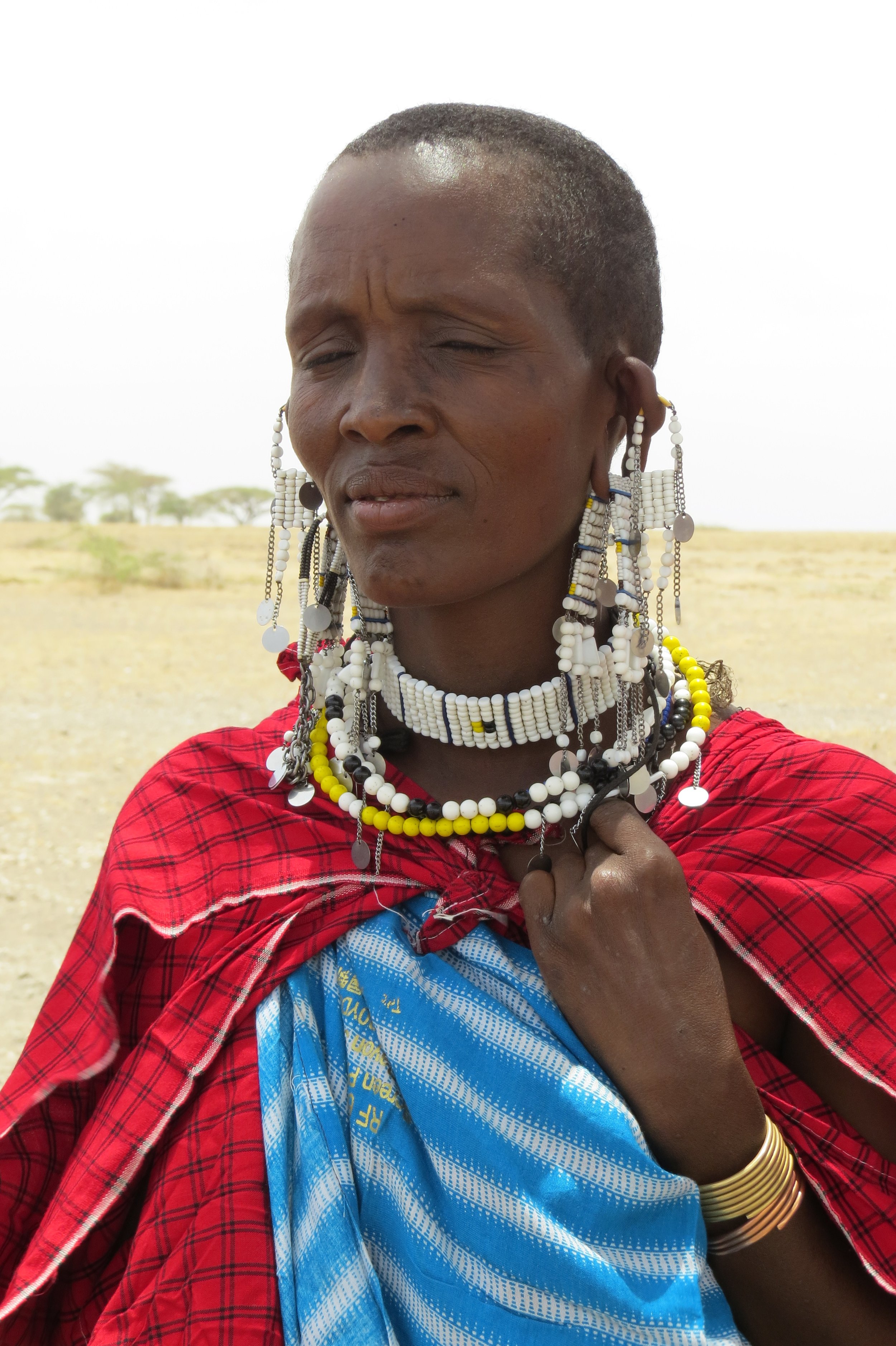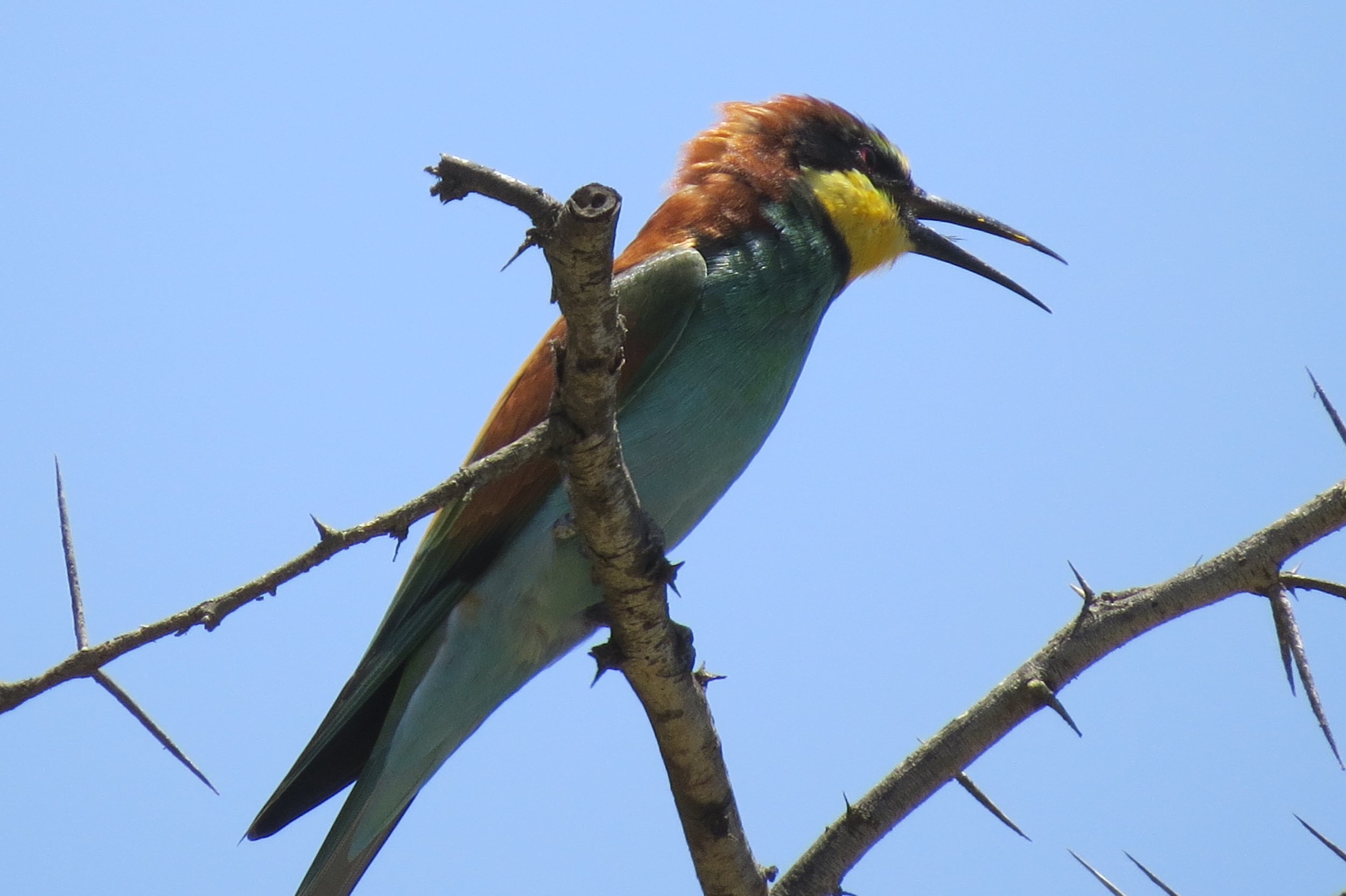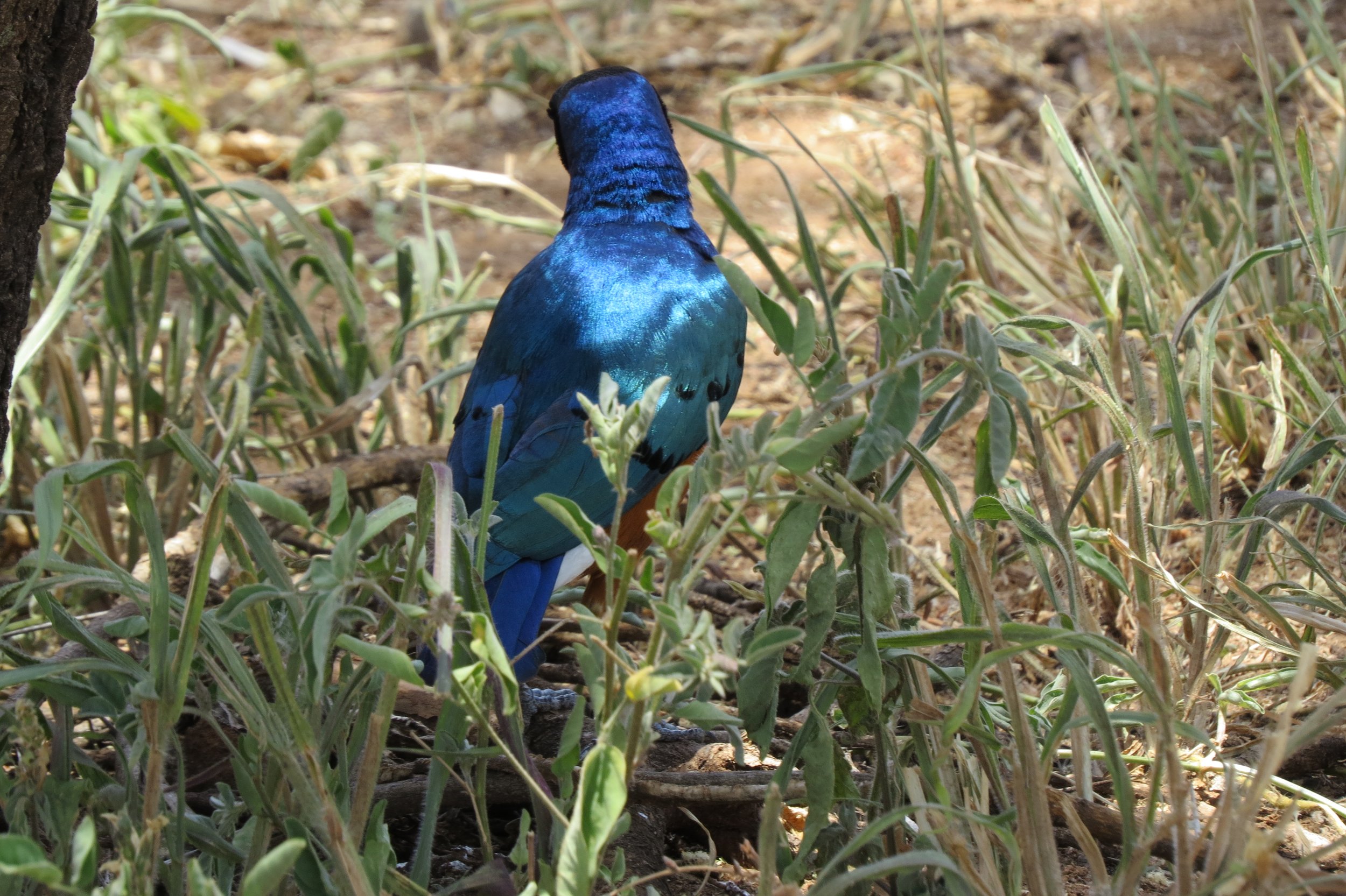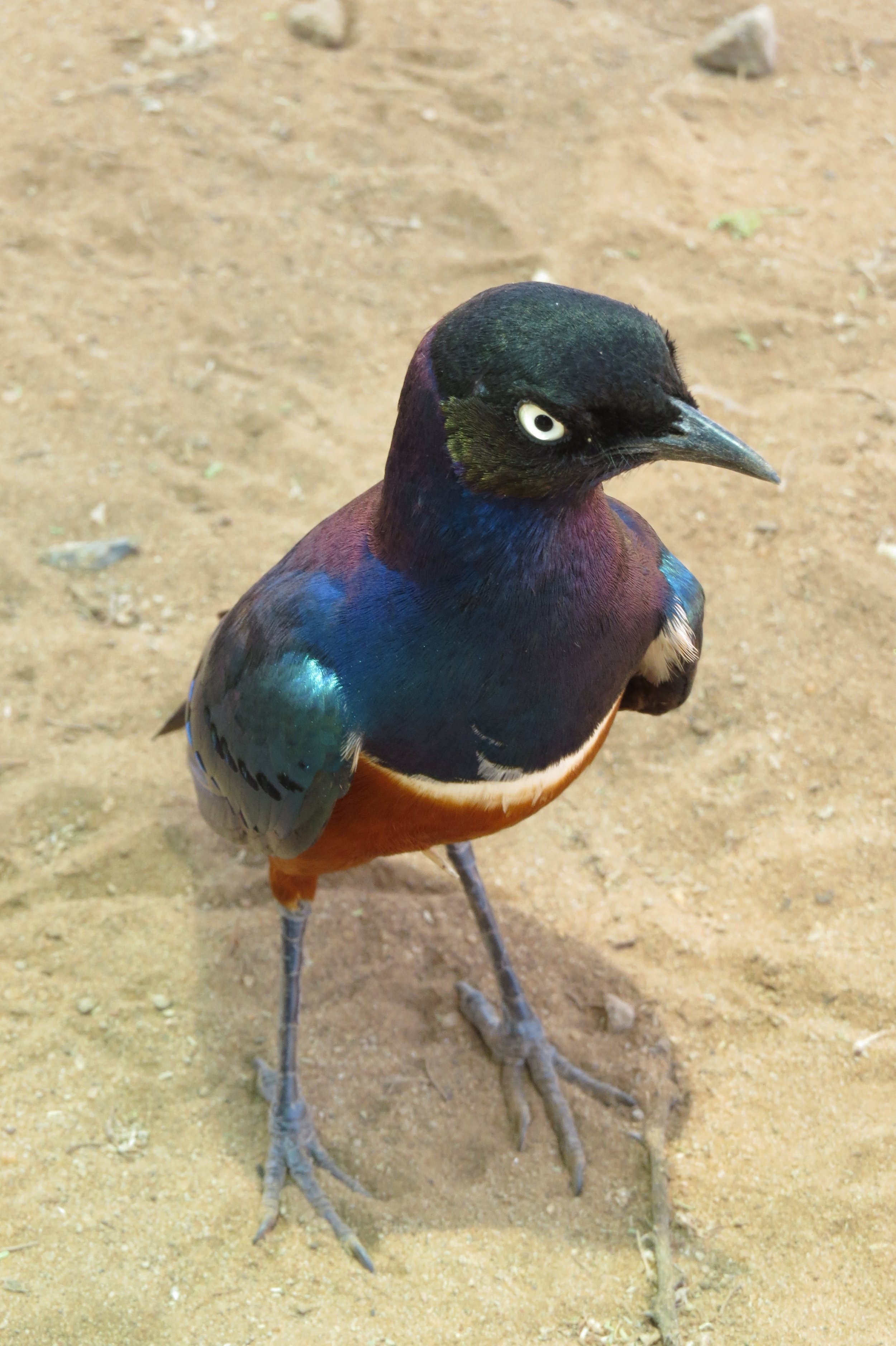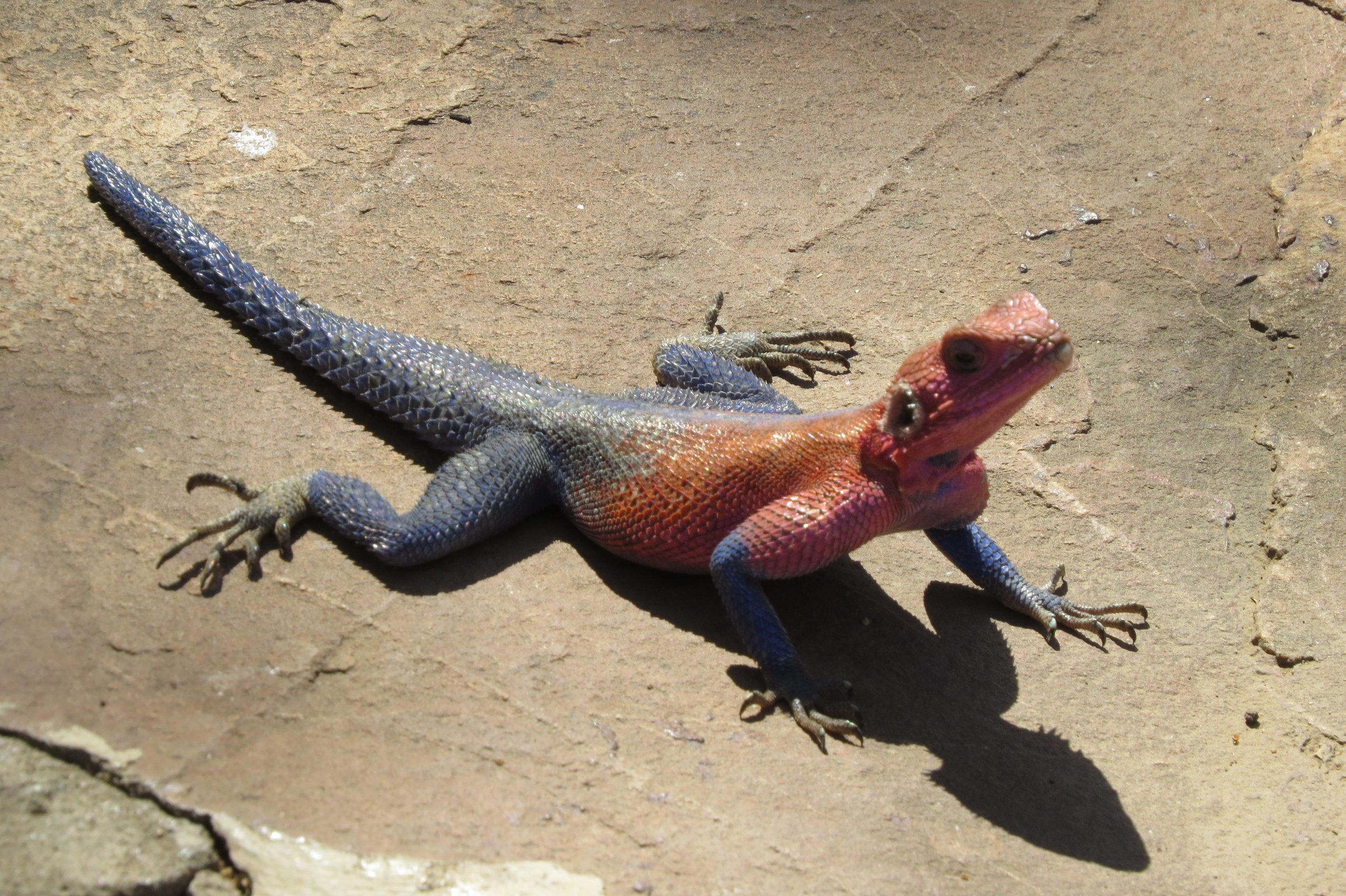On the edge of the Ngorogoro Crater where rhinos live on the edge of extinction.
After having spent time in the fabled Serengeti, we left - albeit reluctantly - we explore our next destination in Tanzania and drove along the cloud laden rim of the Ngorogoro crater. We had heard about and read about this legendary place all of our lives. To finally see the crater in person was pretty overwhelming. We had read so many books about animals of the Serengeti, and accounts by wildlife preservationists. Now we are here…
The bumpy track descends quite steeply from the rim, down into the Ngorogoro Crater. Suddenly a large herd of wildebeest come spilling over the rim and down the slope. Like a dusty river, they flow down toward the white valley floor. Not all of them make it. We soon come across several hyenas who had lain in wait and caught one of the wildebeests. Now they are tearing it apart even before it’s fully dead. I feel like I’m in a David Attenborough documentary… Faces dripping with blood, the hyenas enjoy their early breakfast. The sight is nearly enough to make you a vegetarian…
The name Ngorogoro comes from the Maasai word for ‘clanging bells’, the sound made by the bells on their cattle. The Maasai here still have the right to roam and graze their cattle in certain areas of the crater.
The crater floor teems with wildlife: enormous herds of gazelles, wildebeest, zebra and buffalo. We spot first a few lone male lions, and then a pride of some 14 lions lazing on the rocks.
We see cranes, storks and birds of all sizes and colors.
Warthog families graze the plain and hippos wallow in the shallow waters. Elephants cross the fields in search of grass and water. The place is a veritable Noah’s Arc, but with many more than just two of each kind.
Garden of Eden?
But the most amazing sight of all, in this specific place, came before too long. Only 45 black rhino’s live in the crater and we spotted 4 of them! We were so very lucky to see these enormous beasts lumbering along. They came pretty close. Our guide said that he often is on trips where they are not spotted at all, or at a great distance. So we felt very lucky that two of the rhinos came closer and we were able to take good photos of this rare, endangered animal, of which there only are an estimated 5,000 left in the world. When will people ever learn?
My hands were shaking as this giant kept coming closer and closer. I knew this was an opportunity of a lifetime.
In the afternoon we hiked, accompanied by a ranger with an AK 47 rifle, along the edge of the crater, some 2,400 meters above sea level. The crater’s edge winds along for 74 KM and is about 600 meters higher than the crater floor. Even from this height we could spot herds of buffalo and elephants. As we walked, more and more Maasai materialized out of the woods. Women were cutting and gathering wood to bring home in bundles on their heads. Men and boys, wearing traditional shuka blankets, herded goats and cows. They all grinned and waved at us, sometimes staring more at us then I wanted to stare at them. Tall and skinny, with many beaded necklaces, they are beautiful, ebony people.
The walls of the crater are covered in lush, tropical forest. Some animals come and go as they please while others remain in the safety of this reserve. It has been an amazing privilege to visit this sanctuary. I feel like I was able to take a peek inside the garden of Eden.


